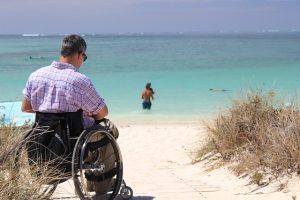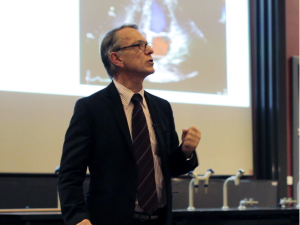Less systemic inflammation. Better immune function. Selenium is an essential trace element. Our cells cannot synthesize it. We must get it as a part of our diets. Adequate intakes are necessary for optimal immune system function.

Unfortunately, many of us live in regions with selenium-poor soil and selenium-poor crops and fruits. We do not get sufficient selenium from our food [Stoffaneller & Morse 2015]. Adequate selenium intake and status are vital. There are increased health risks associated with selenium deficiency.
What Defines Selenium Deficiency?
Data from the BIOSTAT-CHF observational cohort study indicate that serum selenium concentrations under 70 mcg/L constitute a deficiency status. Serum selenium concentrations under 100 mcg/L constitute a sub-optimal status [Bomer 2020].

